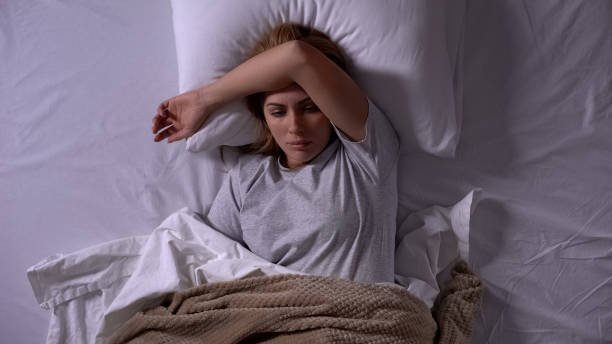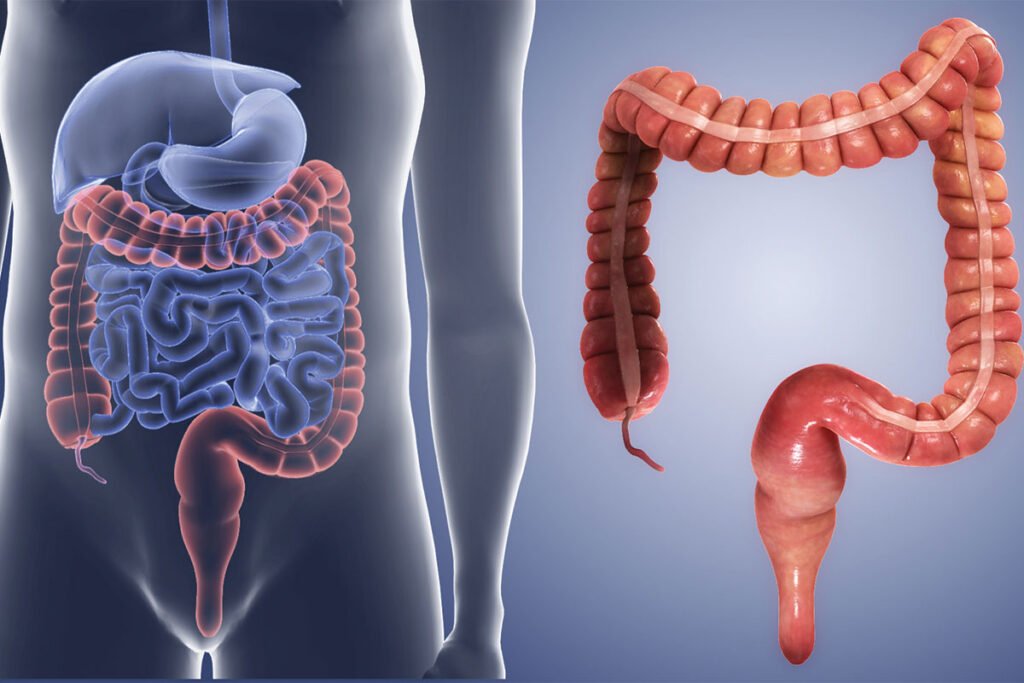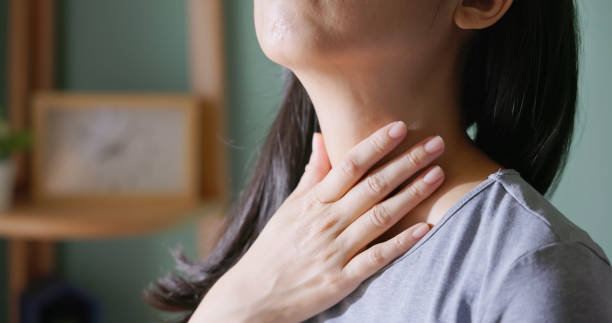For millions of women across the globe, the journey into menopause is more than a biological transition—it is a deeply personal, sometimes turbulent passage that touches body, mind, and spirit. Among its many challenges, hot flashes and night sweats stand out as two of the most common, disruptive, and frustrating symptoms. These sudden waves of heat, often accompanied by racing heartbeat, flushed skin, and drenched sheets at night, can steal comfort, confidence, and rest from women who are already navigating the complexities of midlife.
Hot flashes and night sweats are not life-threatening, but they can feel overwhelming. They interrupt conversations, meetings, workouts, and sleep. They arrive uninvited—during a presentation at work, on a dinner date, or in the quiet of night when the body desperately needs rest. This unpredictability is part of what makes them emotionally challenging. Many women quietly endure, reluctant to speak openly about symptoms that are natural yet stigmatized.
While medical treatments exist, not every woman can or wishes to pursue hormone replacement therapy or pharmaceutical options. For those seeking a gentler, more holistic path, natural approaches offer hope—methods that support the body’s wisdom while reducing discomfort. Science, tradition, and lived experience converge here, revealing a wealth of strategies rooted in lifestyle, nutrition, mind-body practices, and nature’s pharmacy.
Understanding Hot Flashes and Night Sweats
To manage these symptoms, one must first understand what they are and why they occur. Hot flashes are sudden feelings of heat, often starting in the face or chest and spreading throughout the body. They may last seconds or minutes and are often followed by sweating and chills. When they occur during sleep, they are referred to as night sweats and can disrupt rest profoundly.
The underlying cause is linked to fluctuating estrogen levels during menopause. As estrogen declines, the hypothalamus—the brain’s thermostat—becomes more sensitive to even tiny changes in body temperature. It triggers the body to cool down, often aggressively, by dilating blood vessels and activating sweat glands. The result is a hot flash: the body’s overreaction to what it perceives as overheating.
But hot flashes are not solely a hormonal phenomenon. Stress, lifestyle habits, diet, and environment all play a role in their intensity and frequency. That is why natural management often involves a combination of strategies that address not only the body but also the mind and spirit.
Nutrition as a Foundation
Food is more than fuel—it is medicine, comfort, and balance. What we eat influences our hormones, metabolism, and nervous system, all of which contribute to hot flashes and night sweats. Certain dietary shifts can make a profound difference.
Plant-based foods, especially those rich in phytoestrogens, offer natural compounds that mimic estrogen’s effects in the body, albeit more gently. Soy, flaxseeds, lentils, chickpeas, and whole grains contain these phytoestrogens, which may reduce the severity and frequency of hot flashes.
Hydration is equally critical. Dehydration can worsen hot flashes, making water, herbal teas, and hydrating foods like cucumber and watermelon essential allies.
On the other hand, certain foods and drinks are known triggers. Spicy dishes, hot beverages, caffeine, and alcohol can all intensify hot flashes by dilating blood vessels or stimulating the nervous system. Reducing or eliminating these triggers can bring noticeable relief for many women.
Herbal and Natural Remedies
Throughout history, women have turned to plants for support during menopause, and modern research has begun to validate some of these remedies.
Black cohosh is among the most studied herbs, often used to alleviate hot flashes. While its exact mechanism is not fully understood, it appears to influence serotonin receptors and support the body’s temperature regulation.
Red clover, rich in isoflavones (a type of phytoestrogen), may also reduce hot flashes, though research findings are mixed.
Evening primrose oil, sage, and dong quai are other traditional remedies, though their effectiveness varies and they may not be suitable for everyone. Consulting with a healthcare professional before starting herbal supplements is important, as natural does not always mean risk-free.
The Role of Exercise
Movement is medicine. Exercise not only strengthens muscles and bones but also helps regulate hormones, improve sleep, and reduce stress—all key factors in managing hot flashes and night sweats.
Aerobic activities such as walking, swimming, or cycling can reduce the frequency and intensity of hot flashes over time. Strength training supports metabolic health, while yoga and tai chi combine movement with breath, calming the nervous system and improving resilience to stress.
Importantly, exercise is not about intensity but consistency. Gentle, regular movement often brings more benefit than sporadic bursts of strenuous activity. And because sweating during exercise is intentional and healthy, it may also help women feel more in control of their body’s temperature fluctuations.
Sleep and Nighttime Strategies
Night sweats can be particularly devastating because they rob women of restorative sleep. Over time, sleep deprivation can worsen mood, memory, and overall health. Natural strategies for nighttime relief focus on creating a cooler, calmer sleep environment and supporting the body’s rhythms.
Breathable cotton or moisture-wicking sleepwear can prevent overheating. Lightweight, layered bedding allows quick adjustments during the night. A cool bedroom, ideally between 60–67°F (15–19°C), supports both comfort and sleep quality.
Relaxation rituals before bed—such as herbal tea, gentle stretches, or guided meditation—calm the nervous system and prepare the body for deeper rest. Avoiding caffeine and alcohol in the evening can also reduce nighttime disruptions.
Stress and the Mind-Body Connection
Stress is a powerful amplifier of hot flashes and night sweats. When the body is tense, the nervous system becomes hypersensitive, and temperature regulation falters. Managing stress is, therefore, not a luxury but a necessity.
Mind-body practices like meditation, mindfulness, and deep breathing activate the parasympathetic nervous system, reducing the intensity of hot flashes. Cognitive behavioral therapy (CBT) has shown promise in helping women cope with symptoms by changing thought patterns and emotional responses.
Acupuncture, a practice rooted in traditional Chinese medicine, has also been studied with encouraging results. It may help balance the body’s energy systems, reduce stress, and alleviate the frequency of hot flashes.
Clothing and Everyday Comfort
What we wear can influence how we experience hot flashes. Lightweight, natural fabrics such as cotton, linen, and bamboo allow the skin to breathe and wick away moisture. Loose-fitting clothes reduce trapped heat and improve airflow.
Carrying a handheld fan, keeping a water bottle nearby, or using cooling wipes can provide immediate relief when hot flashes strike unexpectedly. These simple adjustments, though modest, can restore a sense of control and dignity in daily life.
Community and Emotional Well-Being
Hot flashes and night sweats are not just physical experiences—they are emotional ones. The unpredictability, the embarrassment, and the disruption to sleep can lead to feelings of frustration, anxiety, and even isolation. This is why community and emotional support are essential.
Talking openly with friends, family, or support groups reduces the sense of loneliness. Sharing stories, tips, and laughter can transform menopause from a solitary struggle into a shared journey. Professional counseling may also provide valuable tools for coping with emotional challenges.
Cultural perspectives shape how women experience menopause. In some societies, it is celebrated as a transition into wisdom and freedom, while in others it is stigmatized as decline. Embracing menopause as a natural stage of life rather than a disorder can shift the emotional landscape, reducing distress and fostering resilience.
When Natural Remedies Aren’t Enough
For some women, hot flashes and night sweats remain severe despite natural strategies. In these cases, it is important not to suffer in silence. Medical options—including hormone therapy, non-hormonal medications, and new treatments under development—can provide significant relief. Natural and medical approaches are not mutually exclusive; they can complement one another, tailored to each woman’s unique needs and preferences.
The Science of Hope
Research into natural management of hot flashes and night sweats is ongoing. Scientists continue to explore how diet, herbs, mind-body practices, and lifestyle changes influence hormonal pathways and the nervous system. Each discovery adds to the toolbox of options women can use to navigate menopause with greater ease.
What is clear is that there is no single solution, no magic herb or practice that works for everyone. Instead, natural management is a mosaic, pieced together from nutrition, movement, rest, stress reduction, and emotional support. The process itself—listening to the body, experimenting with strategies, finding balance—is empowering.
Embracing the Transition
Menopause is not an ending but a beginning. It is the gateway to a new chapter of life, one that can be filled with vitality, freedom, and wisdom. Hot flashes and night sweats, though uncomfortable, are signals of transformation. They invite women to care for themselves in deeper, more intentional ways.
Natural approaches honor the body’s rhythm rather than suppressing it. They align with the idea that menopause is not a disease to be cured but a transition to be supported. By embracing nutrition, movement, mindfulness, herbal allies, and community, women can reduce discomfort while cultivating resilience, self-awareness, and strength.
Conclusion: Finding Balance in the Fire
Hot flashes and night sweats may feel like storms—sudden, intense, and consuming. But even storms bring renewal. With the right tools and mindset, women can weather these changes and emerge stronger, grounded, and more attuned to their bodies.
Natural management is not about eliminating symptoms entirely but about softening their impact, restoring comfort, and reclaiming joy. It is about learning to live in harmony with the body’s wisdom, honoring the fire without letting it consume peace of mind.
Biology, culture, and spirit converge here, reminding us that menopause is a universal journey—different for each woman, yet shared across generations. By turning to natural ways of managing hot flashes and night sweats, women embrace not only health but also empowerment, stepping into this new stage of life with courage and grace.






